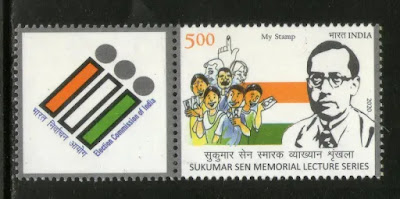The inaugural session of the United Nations General Assembly took place on January 10, 1946, it occurred at the Central Hall in Westminster, London, United Kingdom. The venue was chosen due to the ongoing renovation of the UN headquarters in New York.
This historic event marked the beginning of a new era in international diplomacy, as representatives from various countries gathered to discuss and address global issues. The United Nations was officially established on October 24, 1945, with its headquarters in New York City, but the initial General Assembly meeting was held in London.




